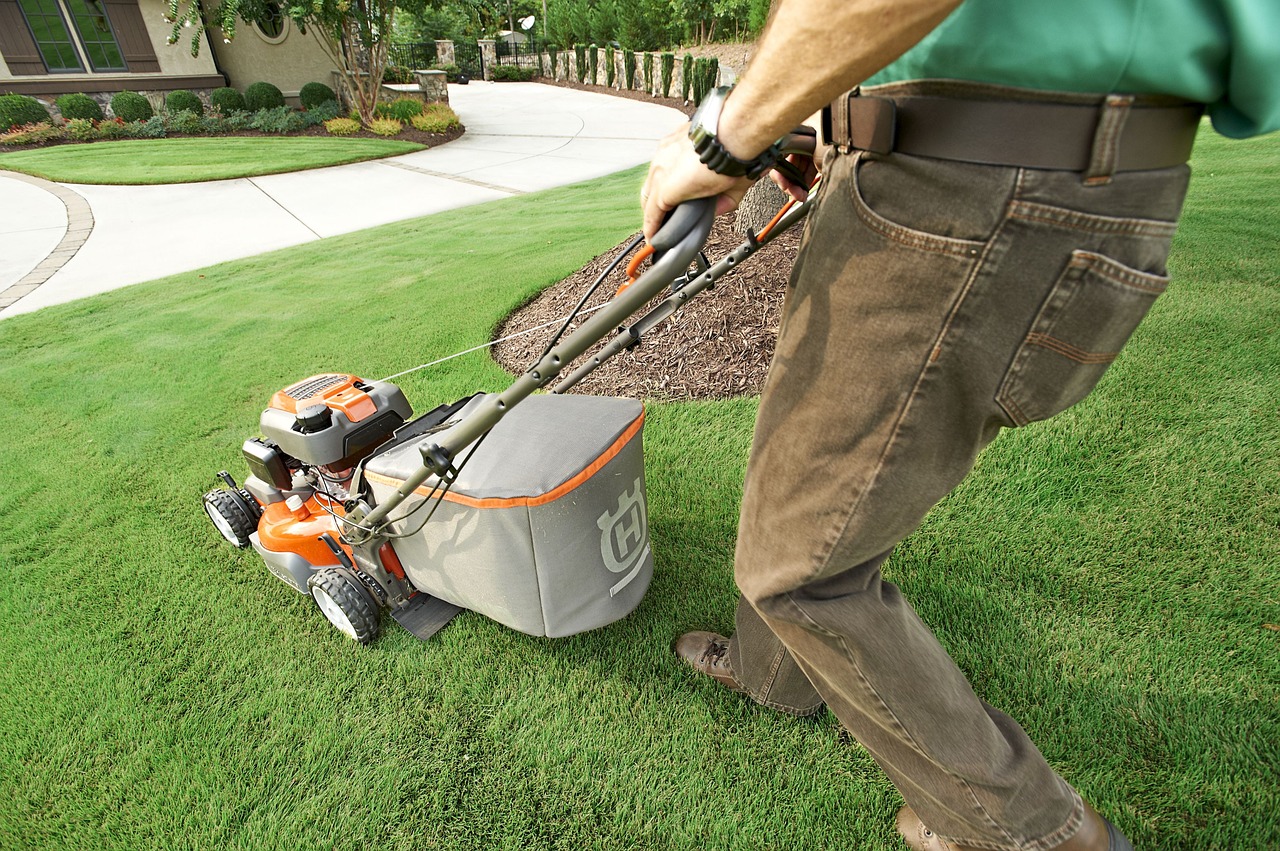How To Care For Your Lawn

Watering
Water the lawn daily but do not overdo it. Wait 2 to 3 weeks for the grass to sprout. When you water, beware of strong stream as it can destroy young grass.
Therefore you should spray with a sprayer, not only the hose. Per year on average it will take up to 300 liters / sq. m., But it mostly depends on the amount of rainfall during the year.

Mowing
Once the seeded grass has grown you can do the first mowing. It is recommended that the first mowing are done at height of 12mm with a manual mower. You will have to collect the mown, so it does not remain on the lawn.
There are new mowers can automatically collect grass from your yard, park or garden. Experience has shown that the best results and highest quality of lawns are obtained when the mowing is done at height of 6 mm. During the intensive growth of grass, the mowing should be done regularly – at least once a week and is dependent on the type of seed.

Feed the lawn
Once the grass is thick and strengthen, the need to run feeding and settlement. For this purpose, use a mixture of soil and sand, which you have left as reserves in soil preparation. Dispense a thin layer of the mixture evenly and be careful not to cover the plants completely with soil! It is recommended once a year to nourish the entire area during the intensive growth of the lawn in the summer.
Fertilizing
The standards of fertilizing are 6 to 9kg of nitrogen per 1 hectare or about 20-30kg ammonium nitrate and 3-4kg potassium, i.e. 6-10kg potassium fertilizer. It is recommended to use fertilizer regularly in small doses in the period of active vegetation. It is not recommended fertilizing with nitrogen fertilizers in late August. If in need of phosphorus, we recommend using compound fertilizer NPK once a year.
Diseases
Lawns rarely suffer from diseases. The only thing that can occur as a problem of fusarium disease and the emergence of worms. As a preventive measure, it may be added ferric sulfate. The addition of ferric sulfate in the soil reduces the activity of the worms. If the soil gets more acidic due to fertilizer use, it is recommended to treat the grass with potassium carbonate.


